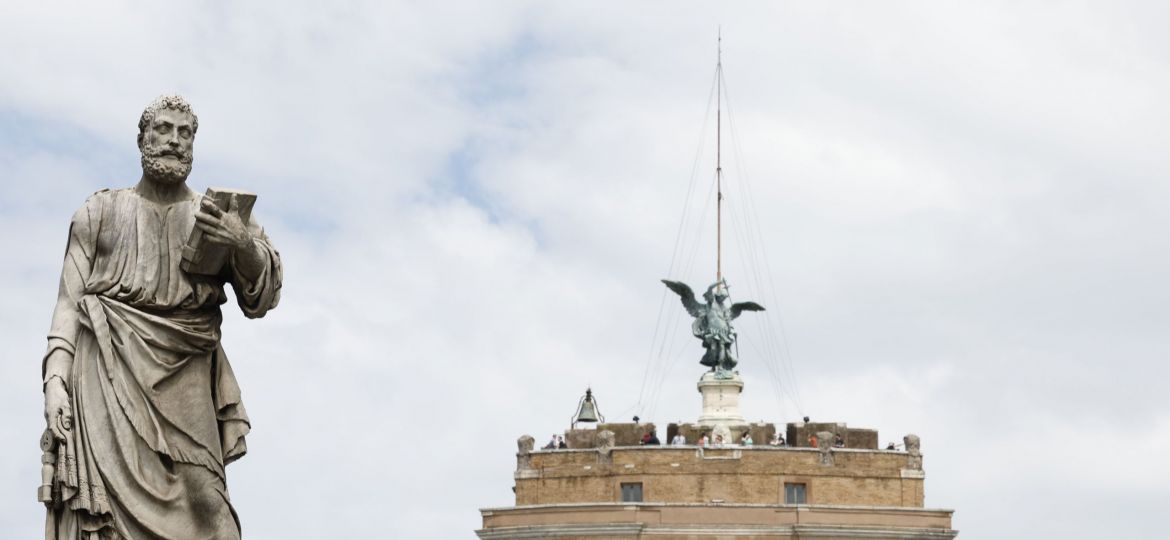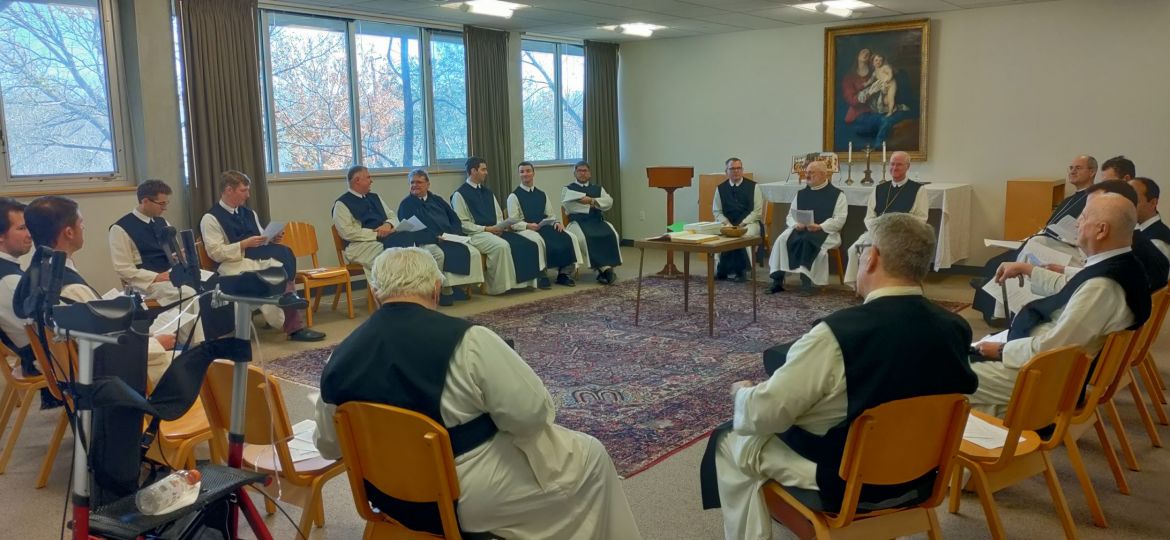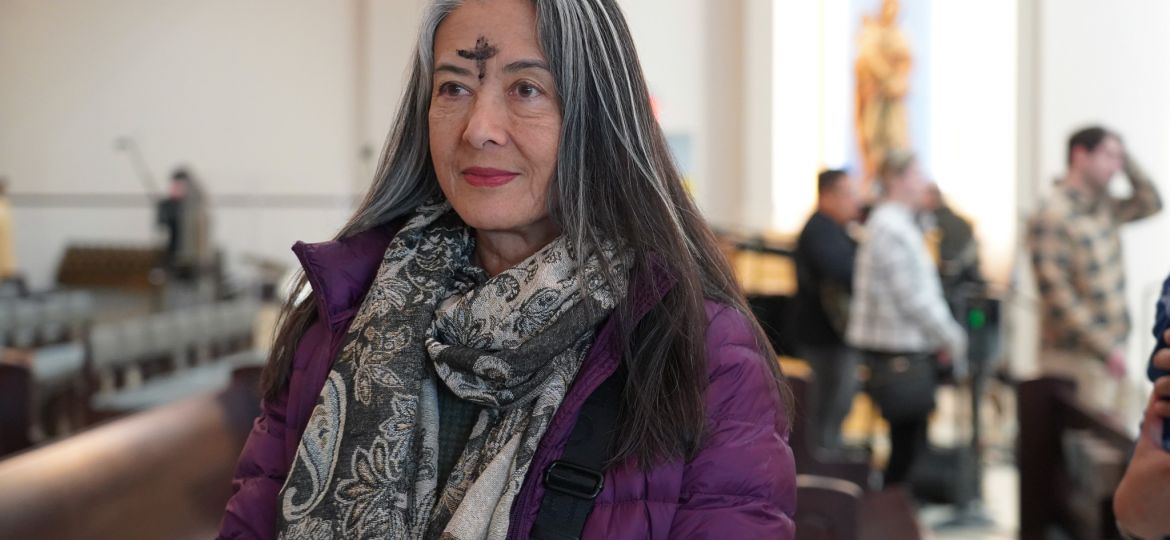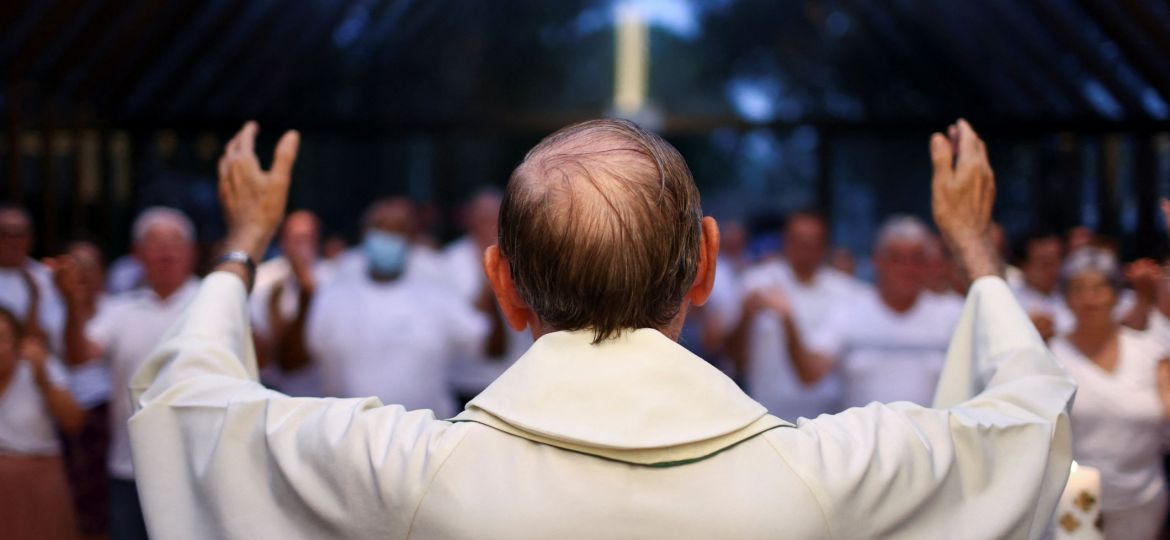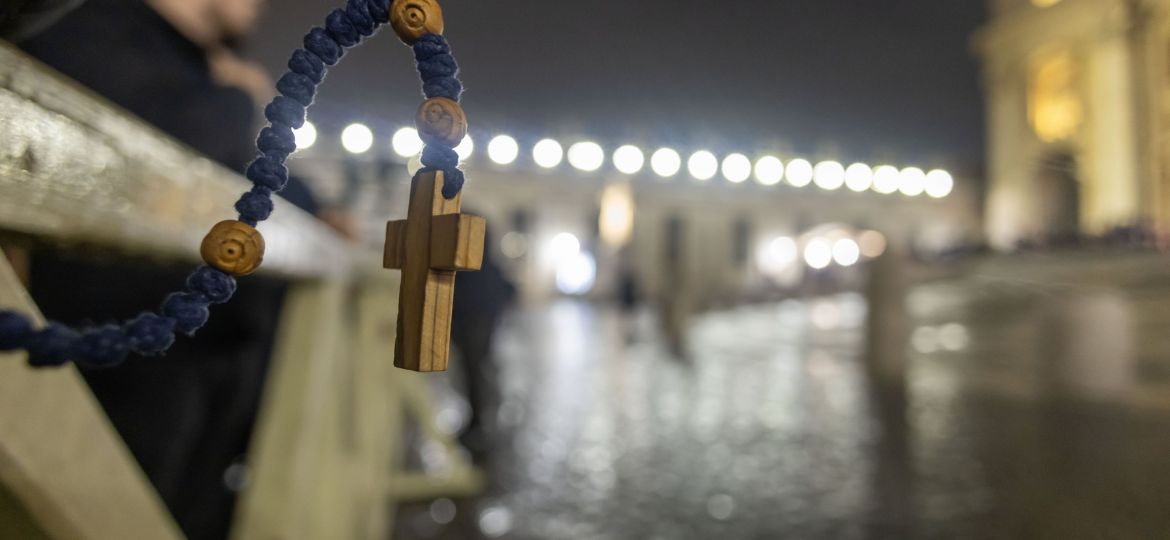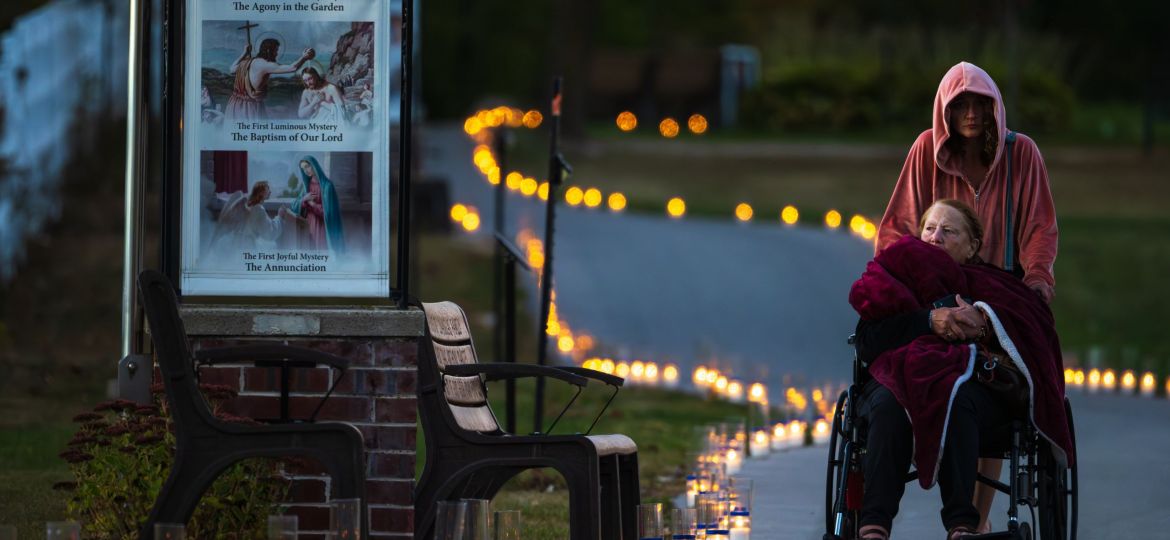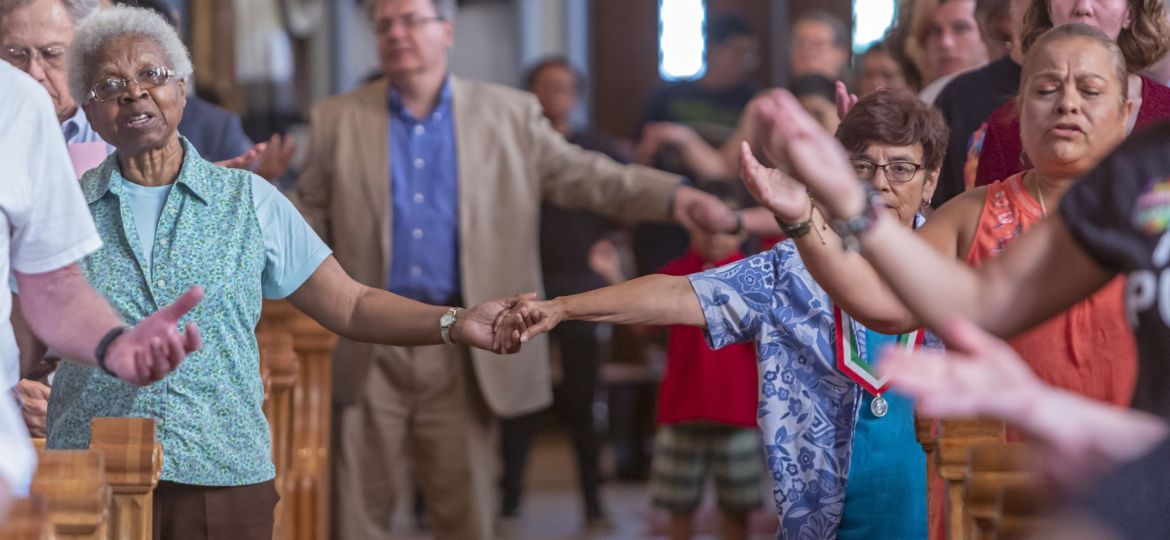Gambling is growing in our country — and quickly. My impression is that we have work to do to be informed about what is happening and to let ourselves be formed by what the Church teaches, lest so much happen without the constructive engagement of Catholics and of anyone else concerned about social justice.
Oh, how I love Peter! Not because he was perfect or always got things right, but because he was human — flawed, impulsive, emotional, and yet so deeply faithful.
We desire to see improvements in our family, friends, and community, and yet we sometimes fail to acknowledge that true transformation begins within.
One of the most important rooms in a monastery, after the church, is the chapter room. This is the place where monks meet to do various things as a community: hear an exhortation from their abbot; listen to a spiritual reading (often a chapter from “The Rule of St. Benedict”); deliberate and vote on the important material and spiritual questions that arise in a monastery, such as who should be the abbot, whether to welcome a young monk as a permanent member of the community through solemn profession, and how best to structure their lives to promote God’s purpose.
This Lent, God calls upon us to once again grow in our prayer, fasting, and charity.
Jesus poses a problem when He instructs us to pray to the Father with the words “hallowed be Thy name” (Matthew 6:9). Many Psalms exhort the faithful to praise or call upon the name of the LORD (Psalm 113:1; 116:13; 148:13), and others assert that “Our help is in the name of the LORD” (Psalm 124:8). But how can human beings hallow — that is, make holy — the name of the LORD (in Hebrew, YHWH), Who is already, always, and automatically holy, utterly beyond our ability to add to or subtract from, to influence or change?
Life often brings us moments that remind us that we are not in control. Whether we are facing financial struggles, health crises, or an uncertain future, we sometimes reach a point where our own efforts are no longer enough. In these moments, we encounter one of the hardest, and yet most transformative, decisions: to trust God completely.
For this Jubilee Year, the Church has been given a beautiful, multilingual hymn entitled Pilgrims of Hope. If you participate in any Jubilee events, whether local or international, you will no doubt hear the uplifting melody and inspiring lyrics of this hymn.
“I want to go to heaven” is a common expression by Christians when asked to give a reason for their faith. Curiously, the phrase “to go” or “to get to heaven” is not found in the Bible. While heaven is rightly considered the goal and magnetic pull on everyone’s spiritual compass, it is neither a destination nor a physical place as Jesus presents it in the “Our Father” prayer.
Technology is everywhere. There seems to be a gadget or app for everything. Computers for calculating; engines for ease; chemicals for control — is there any aspect of our lives untouched by instruments and processes?


